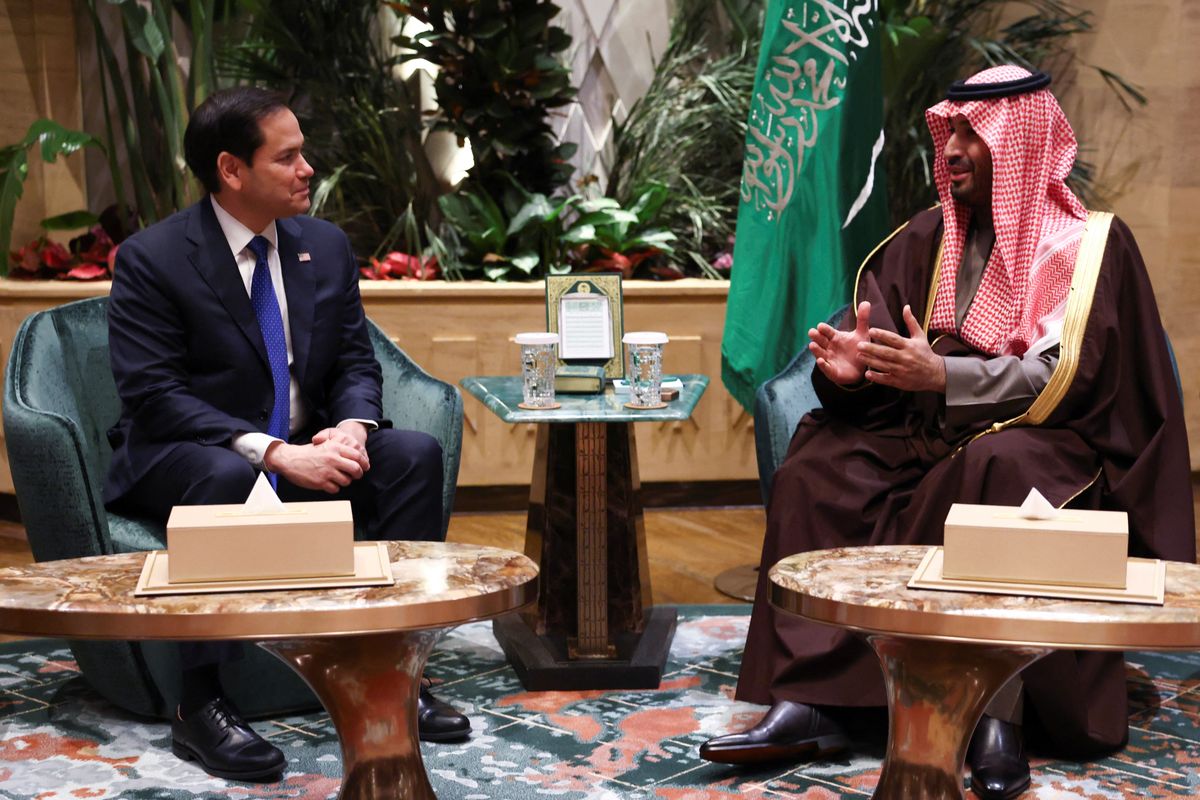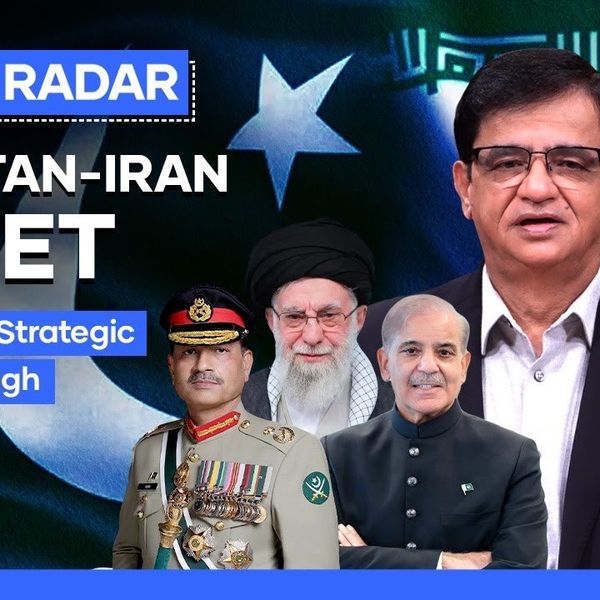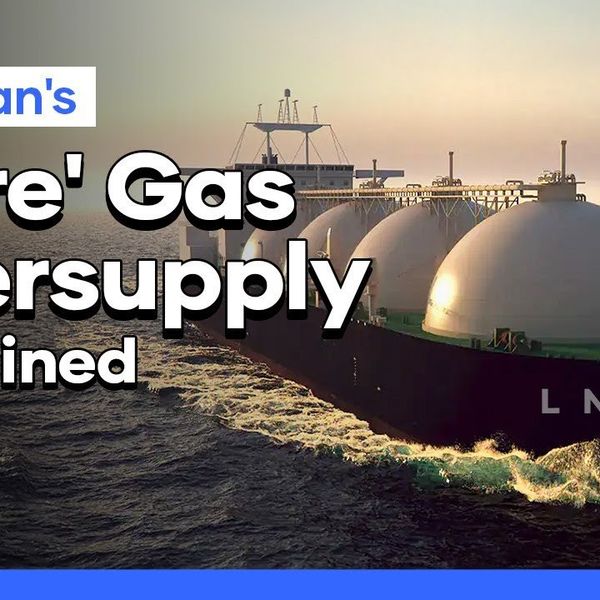Saudi Arabia, US on 'pathway' to civil nuclear agreement, US Energy Secretary says
The U.S. seeks a nuclear deal with Saudi Arabia that aligns with non-proliferation rules
Reuters
News Agency Partner
Reuters is a leading source of news and information, delivering fact-based reporting and expert analysis on international events and trends.

The United States and Saudi Arabia will sign a preliminary agreement to cooperate on developing a civil nuclear industry in the kingdom, U.S. Energy Secretary Chris Wright said Sunday.
Speaking to reporters in Riyadh, Wright said the two nations were on “a pathway” toward working together on Saudi Arabia’s plans for nuclear power. He met earlier in the day with Saudi Energy Minister Prince Abdulaziz bin Salman.
Wright, making his first trip to the kingdom as secretary during a tour of energy-producing Gulf states, said more details about a memorandum outlining the cooperation would emerge later this year.
“For a U.S. partnership and involvement in nuclear here, there will be a 123 agreement,” Wright said. “There’s lots of ways to structure a deal that will accomplish both the Saudi objectives and the American objectives.”
A so-called 123 agreement refers to Section 123 of the U.S. Atomic Energy Act of 1954. It is required before the U.S. government or American companies can collaborate with Saudi entities on civil nuclear development.
Saudi Arabia has not yet agreed to the terms of that law, Wright noted. The act sets nine non-proliferation criteria to prevent nuclear technology from being used for weapons or transferred to unauthorized actors.
Previous talks had stalled due to Saudi Arabia’s reluctance to accept a deal that ruled out uranium enrichment or reprocessing spent fuel—both of which could be used to build a nuclear weapon.
Crown Prince Mohammed bin Salman has stated in the past that if Iran develops a nuclear weapon, Saudi Arabia would follow suit. That stance has raised alarm among arms control experts and some members of the U.S. Congress.
Wright made no mention of a broader U.S.-Saudi agreement, which President Joe Biden’s administration had once sought. That earlier plan included civil nuclear cooperation and security guarantees as part of efforts to normalize Saudi ties with Israel.
Saudi Arabia, the world’s largest oil exporter, aims to expand renewable energy and reduce emissions under its Vision 2030 reform agenda. Nuclear power is expected to play a role in meeting those goals.










Comments
See what people are discussing